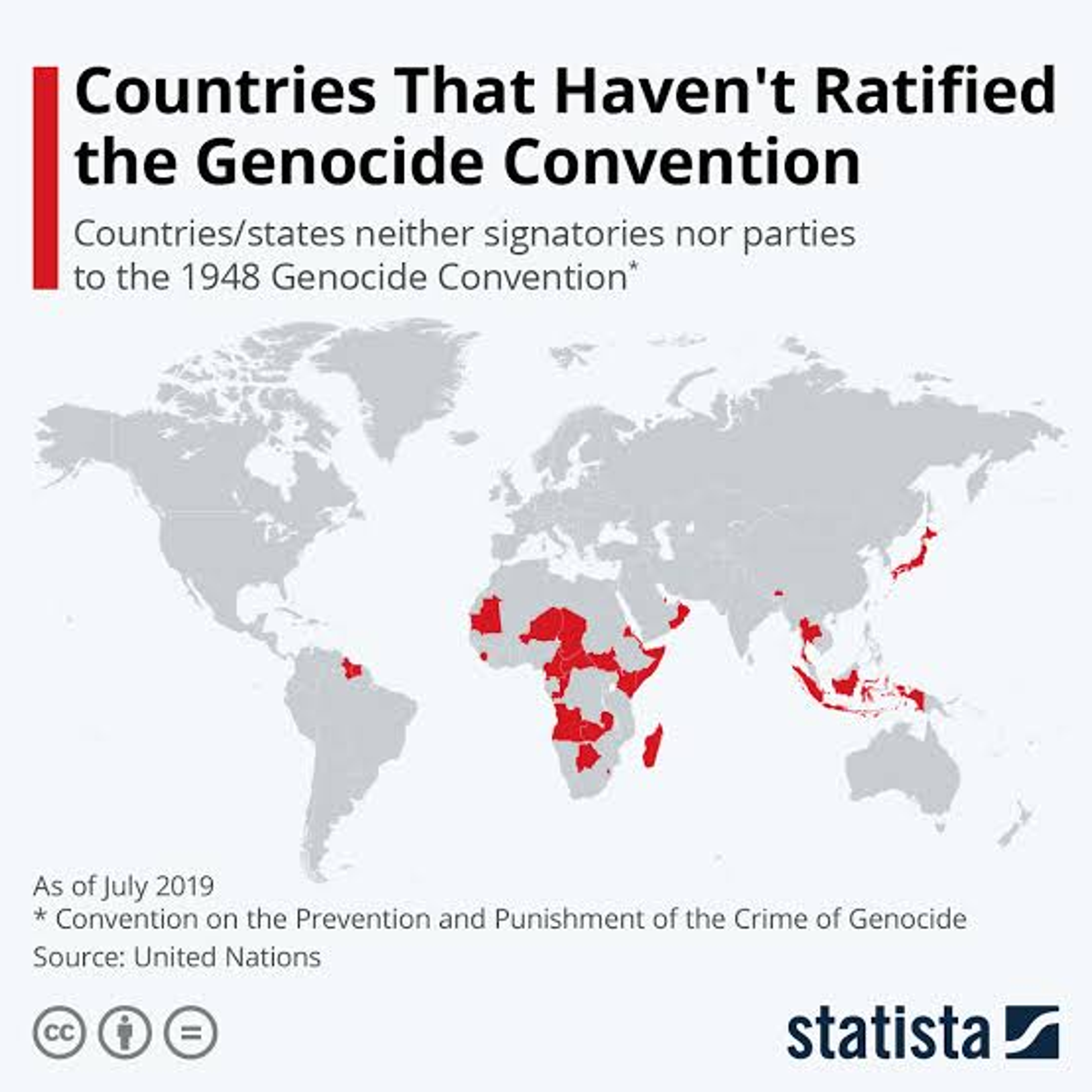Uyghur Muslims Genocide: The World Doesn’t Bat an Eyelid
Zaina Shahid Khan
Published
When the 1948 Genocide Convention was adopted by the United Nations General Assembly as the first human rights treaty, the world had committed to “never again”. The horrific Holocaust was kept in mind while drafting the first international legal definition of “genocide”. 73 years later, an estimated number of more than one million Uyghur Muslims are rotting in Chinese detention camps, and the number does not make mankind tremble.
The world today is brimming with mass violations of human rights, including highly systematic transgressions. Countries, developed and developing, have adapted exceptional methods to suppress, torture, and dominate specific groups. If the mission is to raise fear and conditional nonchalance simultaneously, the progress is dangerously speedy. The People’s Republic of China has been committing genocide against Muslims (majority Uyghurs) since 2014, which has been proved as “the largest-scale detention of ethnic and religious minorities since World War I.“
Predominantly Muslims, the Uyghurs are an ethnic minority group living in Xinjiang, China. Another disputed land whose occupants have desired nothing but freedom through a separate homeland, Xinjiang, has been claimed by the Chinese as ‘an inseparable part’, while history conveys that the borders have been drawn and redrawn for centuries by the hands of the ones in power.
To carry out genocide, the basic rule is to declare the targeted group, the dangerous one. The entire assembly, if not subjected to repression, will become the root of violence and terrorist activities on the land. Hence, to curb ‘extremism’, the initial step is to proclaim ‘protests’ as ‘acts of separatism’. Proving itself to be excellently methodical, the Chinese government launched the ‘Strike Hard Campaign Against Violent Terrorism’ in May 2014. Mobile phones, computers, and religious possessions of Uyghurs were targeted under the government’s use of digital mass surveillance systems, as well as restrictions including the ban of long beards and the wearing of veils, were imposed.
The effort was renewed in 2017, and this time, ‘re-educational camps’ were included in the picture. Mass arrests were made, and the existence of these camps wasn’t acknowledged by the government of China until 2018. Millions of Muslims are housed in these facilities, where they are beaten, raped, brainwashed, sterilized, electrocuted, and tortured to unfathomable levels. Forced-sterilization and forced-contraception are carried out, to “forcibly instil a secular, homogeneous Chinese nation.” Detainees who managed to escape, share spine-chilling testimonies; yet China impetuously denies all allegations, and re-emphasizes the educational purpose of the camps to combat ‘extremism’.
At the United Nations, several countries condemned China for committing inhumane crimes against Uyghurs. Following the US’s declaration of the crimes as ‘genocide’ on January 19, 2021, legislatures in a few countries have passed ‘non-binding motions’ proclaiming China’s actions equable to ‘genocide’. China continues to insist on the necessity of re-education, hinting at the camps as a way to eradicate poverty and unemployment.
Asserting Muslims as bearers of terrorism, whilst adopting systematic procedures to suppress, torture, and dehumanise the religious community, has become an everyday occurrence in today’s world. Whether it be Uyghurs, Rohingyas, Syrians, Palestinians, or Kashmiris, the evergreen excuse is to attach the title of ‘terrorist’ to all those practising Islam.

As we progress through the 73rd International Day of Commemoration and Dignity of the Victims of the Crime of Genocide and the Prevention of this Crime, mankind is hardly taking snail-like steps towards a genocide resembling the Holocaust. At this rate, the next generation will have to redefine humanity, as well as the humans that nonchalantly lived through this century.
Zaina Shahid Khan is a student pursuing English Literature from Jamia Millia Islamia.
Edited by: Malaika M Khan




